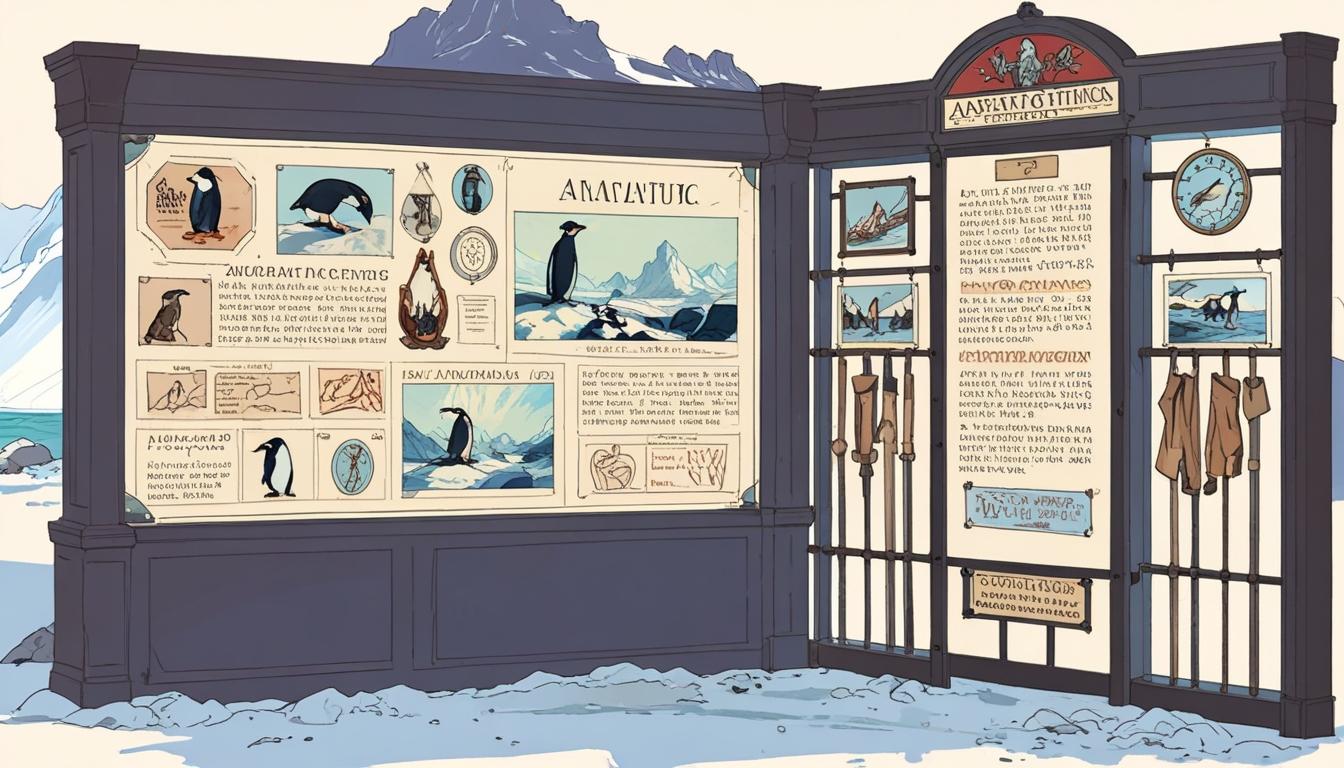Cambridge University has characterised the early 20th-century exploration of Antarctica as an example of colonialism, despite the continent being inhabited solely by penguins at the time, according to the Daily Mail.
The university’s Polar Museum, which maintains a collection of some 5,000 objects including artefacts from renowned explorers Robert Falcon Scott and Ernest Shackleton, has recently introduced new signage as part of a broader initiative to critically examine Cambridge’s historical connections to empire and colonialism. This project, titled 'Power and Memory', aims to confront and illuminate the university’s colonial legacy.
One of the signs displayed at the museum describes the exploration of Antarctica in the early 1900s as “in the colonial mould,” noting that these expeditions involved “claiming land, mapping, prospecting for resources, even sending stamps as a sign of ownership.” The signage continues by highlighting that the only distinction in Antarctica was the absence of an indigenous human population, contrasting with typical colonial contexts. It states: “The only difference was that there was not an indigenous population in Antarctica.”
The approach to defining colonialism is drawn from various sources, including the Cambridge Dictionary’s definition, which describes it as “the belief in and support for the system of one country controlling another.” Another perspective from the Oxford Dictionary of Human Geography defines colonialism as “the control over one territory and its peoples by another.”
The museum’s displays also underscore the power dynamics inherent in colonial expeditions, particularly during encounters between explorers and indigenous communities elsewhere, where “colonial expeditions would usually hold the power.” Parallel narratives have been included to acknowledge the contributions of Black individuals in the field of polar research, broadening the historical context presented.
This project forms part of a wider conversation at Cambridge University regarding its historical ties to empire and colonial exploitation. For example, the Fitzwilliam Museum at Cambridge is currently hosting an exhibition titled Rise Up, which explores the history of slavery and its abolition. According to the exhibition’s catalogue, some of the university’s benefactors, including the late physicist Stephen Hawking, allegedly received funding derived from wealth generated through slavery more than two centuries prior. However, some academics, including professors and historians, have challenged aspects of the historical interpretations presented.
The new museum initiative reflects Cambridge University’s ongoing efforts to reveal complex and previously less-examined facets of its institutional history, promoting dialogue around imperial legacies connected to its collections and past benefactors.
Source: Noah Wire Services
